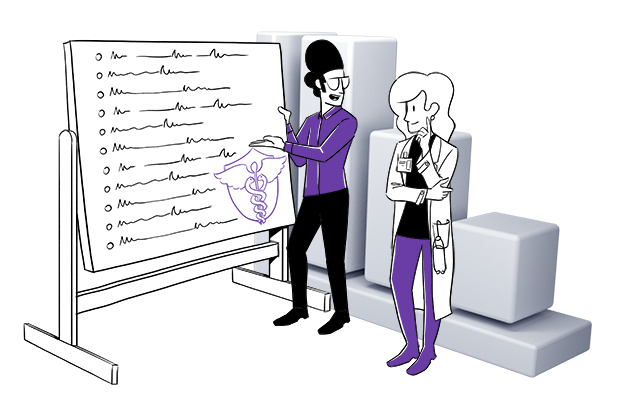A data warehouse is a specialized system designed to store and analyze large volumes of data from various sources, primarily to support business intelligence (BI) activities. It is a central repository that consolidates current and historical data, enabling organizations to perform complex queries and generate insights.
Characteristics of data warehouses include:
- Centralized data storage: Data warehouses aggregate data from multiple sources, including operational systems (like ERP and CRM), databases, and external data sources such as IoT devices and social media, allowing for a unified view of data and comprehensive analysis.
- Support for business intelligence (BI) tools: Data warehouses integrate seamlessly with BI tools, facilitating the creation of reports and dashboards that visualize data insights effectively.
- Historical data management: They are designed to store historical data, making it possible to analyze trends over time and derive insights for forecasting and strategic planning.
- Structured for analysis: Data warehouses typically use structured data organized in a schema optimized for fast querying. This structure supports efficient data retrieval.
- Enhanced data quality: Before data enters the warehouse, it undergoes cleansing and transformation processes to ensure consistency and accuracy, leading to more reliable insights.









